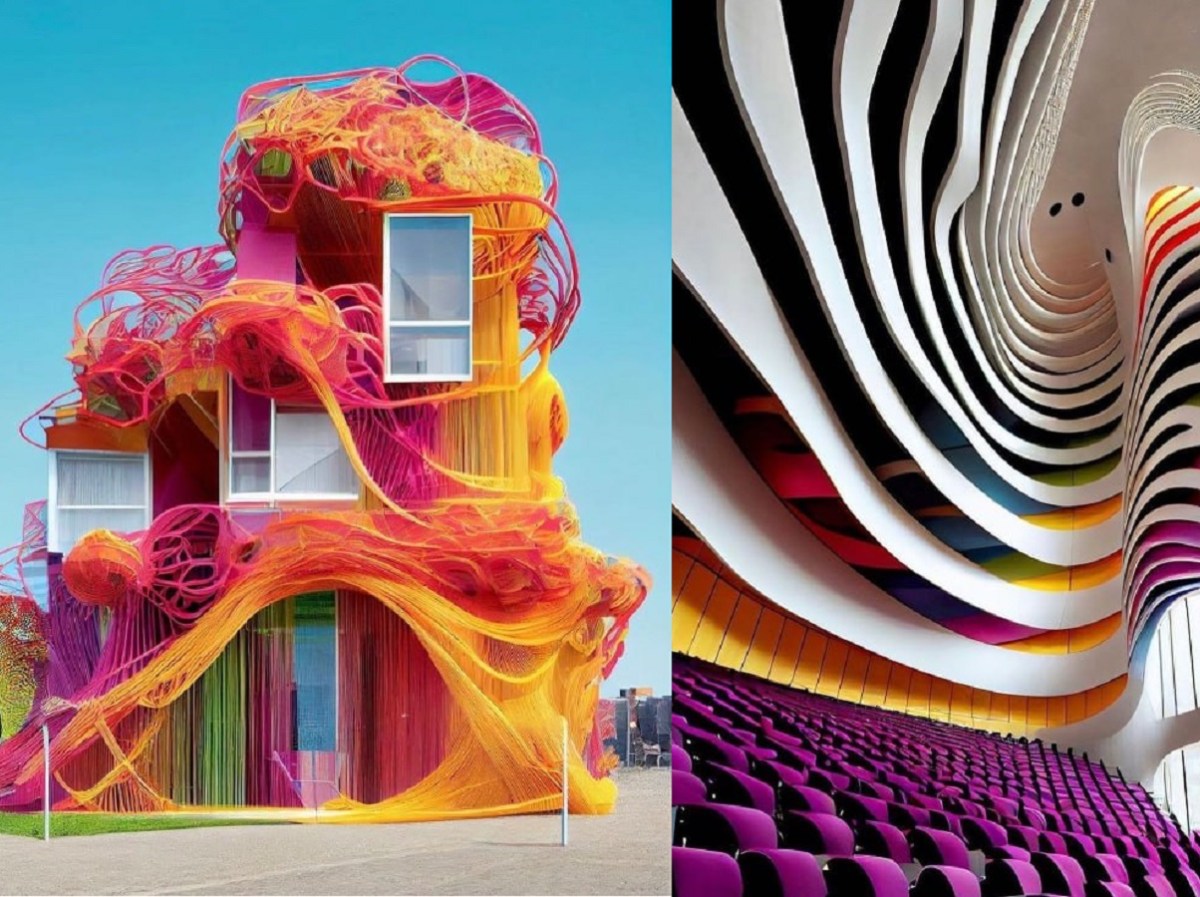Ethical AI art and royalties: AI art is causing quite the drama lately. When AI-generated art burst onto the scene last year, people were beguiled at what it could do. But now art-generated platforms are facing controversy around the ethics of AI art.
First of all, humans seem to love AI art. It has won competitions over human-submitted pieces. AI art helped us with our marketing visuals. It made pictures of us into superheroes, and it was fun to play with. We used it to illustrate books, we used it to create music clips, and we used it to make us wall art.
But then, artists began to complain that it was potentially putting them out of work, after honing their skills for years, AI art could do the same thing in minutes.
Also, there was another problem: AI-art generation platforms like Stability AI, DeviantArt, and Midjourney were accused of stealing existing artworks to create new ones.
These types of platforms pool thousands of different artworks to feed the AI, which then learn to create new art. But some of the art that is fed to these AIs to machine learn are original works, and the artists say that they deserve a royalty payment.
For example, the viral Lensa App claimed it was only using general data from websites to feed its AI, but artists have accused the platform of breaching copyright laws.
Stability AI, DeviantArt, and Midjourney will have to appear in court soon, thanks to a class action filed against them. The outcome is likely to set a precedent for the entire AI art industry.
AI-art and royalties
Should artists be paid a royalty if an AI has been trained on the likeness of their works?
To get around this huge problem in artificial intelligence-art, stock photo platform Shutterstock has announced that they too, have joined the cabal of sites offering artificial intelligence-art. But this time around, they say that they will be offering an “ethical AI” that won’t rob artworks from elsewhere.
Shutterstock says that the generator is available in every language the site offers, and that all AI-generated images are “ethically created visuals ready for licensing.”

Ethical AI art and royalties
CEO Paul Hennessy of Shutterstock announced that the company has “developed strategic partnerships over the past two years with key industry players like OpenAI, Meta, and LG AI Research to fuel their generative AI research efforts, and we are now able to uniquely bring responsibly-produced generative AI capabilities to our own customers.”
Hennessy says that the tools are built on an ethical approach and “on a library of assets … and we ensure that the artists whose works contributed to the development of these models are recognised and rewarded.”
Once the AI generates an image from word prompts, Shutterstock claims that users can polish their picture in their editing tool. “We’re the first to support a responsible AI-generation model that pays artists for their contributions.”
Shutterstock seems to have found a gap in the market of artificial intelligence art, despite being late to the game. Will other platforms follow suit?





